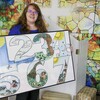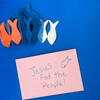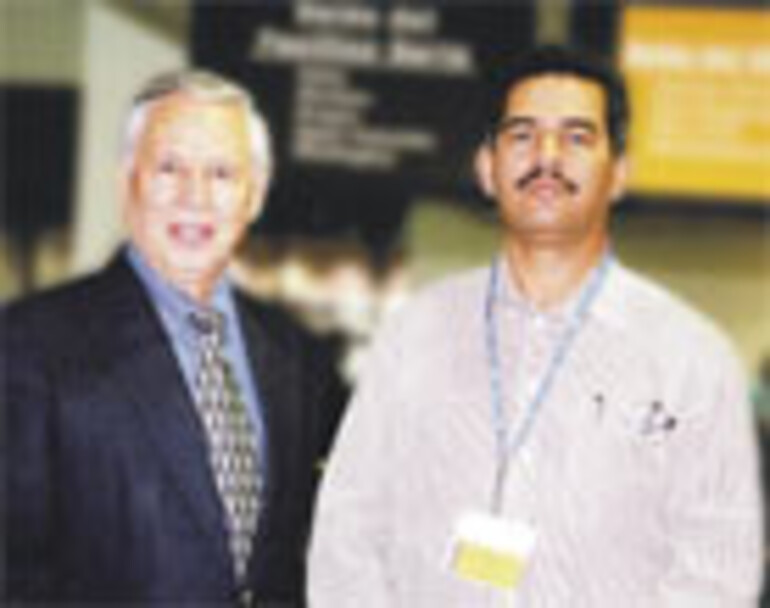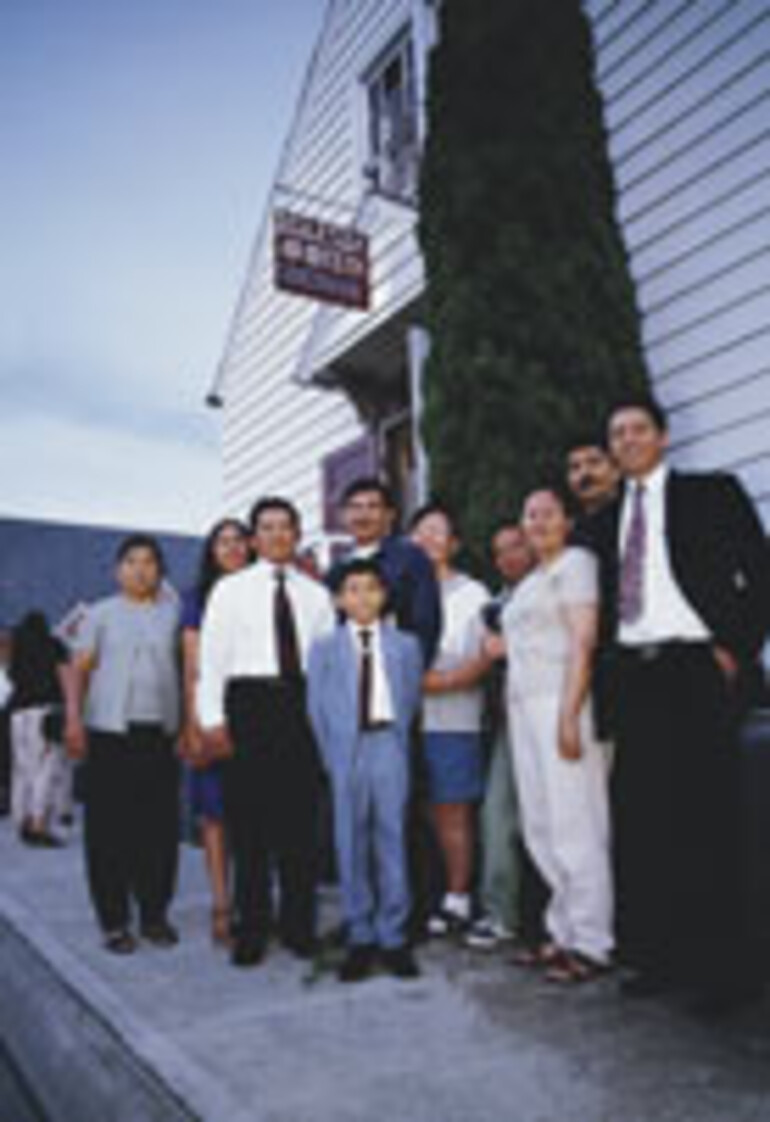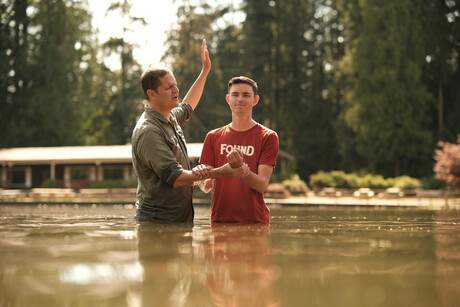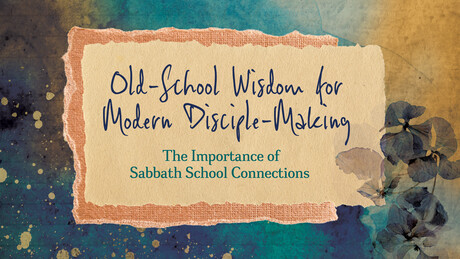The year is 1519. A dapper captain of low Spanish nobility struts from his ship and commandingly marches onto the shores of eastern Mexico, claiming the land for Spain.
His name is Hernán Cortez, and he has reached a crossroads in his short and sorry life. Tingling with the importance of his landing, he names the area “Veracruz,” or “Real Cross,” his third anchorage on the American continents.
Like Astronaut Neil Armstrong’s giant step onto the moon exactly 450 years later, the Conquistador’s footfall on North American soil changes the world forever.
500 Years Later
What Cortez could not have known is that almost five centuries later, a preaching prodigy named Noé (Noah) Ortiz would be born near Veracruz.
Or that Noé would be caught up in a 21st-century movement every bit as important as the European migration to the Americas.
That movement brought Noé to Chehalis, Wash., 11 months ago. And Noé, like the migration that is sweeping Hispanic people north by the millions each year, is infusing and enriching North American Adventism with vitality rarely seen since the days of James and Ellen White.
Only a Boy
Noé, who turned 11 last month, can’t remember a time when he was not preaching the gospel.
His ultra-lean body and bell-like voice seem custom-designed for razor-creased suits and lavaliere microphones.
Preparing to preach at a Wednesday-evening prayer service in Chehalis, he tests the mike with a modulated, “¿Bueno, Bueno?” He taps the faltering device, then gracefully reaches for a hand-held mike and launches into his Luke 9 theme—the story of Jesus multiplying the loaves and fishes for 5,000 hungry people.
He delivers the sermon in a rapid lilt, eyes connecting with the people, building word pictures, transporting his audience out of their hard, hot pews onto a cool, grassy hill near the crystal waters of Galilee.
For the children, it’s a story; for the scholar, a dissertation (Noé cites archeological and sociological findings); for the sick at heart, a recipe for revival.
Baptisms
Afterward, he smiles, “I made quite a few modifications in the sermon tonight. I cut it way down. When I use this sermon in an evangelistic series, I include a lot more.”
Indeed, Noé teamed up with his father, Noé Sr., a few weeks ago and delivered a “reaping series” of evangelistic meetings, leading to five baptisms.
“I started preaching when I was five years old, down in Mexico,” says Noé, who says he comes by the gift naturally.
“At first, I needed help from my Dad in writing the sermons, and he still helps me when I need more information,” he says.
But Noé Sr., a gifted singer in his own right, is quick to acknowledge that his son has the greater gift. “He can memorize just like that, very fast,” he says, snapping his fingers. “It’s a gift that I unfortunately do not have.”
Noé likes to work on two or three sermons at a time, using many stories and the occasional visual illustration to help get the message across. He says he currently has about 15 sermons on tap, ready for delivery at almost any time.
“This is how our best preachers in Latin America are developed,” says his pastor, Gregorio Toruño. “While it’s true that Noé is extremely accomplished for his age, there are others who by three, four, or five years of age are showing promise. As a pastor, I watch for this talent. Right now, in Tacoma, we have a budding young preacher, very young, but he has the spark.”
His pastor’s encouragement has had a deep impact on Noé himself. “When I was younger, I wanted to be an astronaut when I grew up,” Noé grins. “Then I wanted to be a fireman. But now, I’m definitely going to study for the ministry.”
A Prodigious Movement
Like Noé, Hispanic work in the Northwest once called for evangelistic astronauts and firefighters—those who didn’t mind loneliness and isolation, while reaching an extremely small group of nomadic people.
Churches were hard to start and harder to keep going. But times have changed.
“While it would be incorrect to say that our Hispanic work has come of age, we’re getting there,” says Ralph Orduño, North Pacific Union Conference Hispanic Department director.
“Like little Noé, it’s advancing prodigiously and quickly. In the Northwest, we’re growing at a per capita ratio four times faster than most other congregations. We have many challenges, but like Noé, we’re in a growth spurt, and this is going to continue for quite some time.”
Award Winners
“This is the kind of growth that can occur—and is occurring—in our Hispanic churches in many areas,” says Pastor Toruño. “Actually, our Hispanic population here in Chehalis is small, compared to other areas. But what we do have here in Chehalis are extremely active lay people, like the Ortiz family.”
Active indeed. Victor Infante, 46, the Chehalis Spanish group’s Bible worker, received a national award from the North American Division of the General Conference, this July, as the third-highest lay Adventist soul-winner in North America.
During the past year, Infante’s Bible studies have helped lead 36 to church membership.
An experienced colporteur for four years in the Seattle/Tacoma area, Infante and his family believe they have received a call to serve in full-time lay ministry.
So they moved to Chehalis, specifically to help develop the newly planted congregation.
National Training
And with more than 1,000 other Spanish-speaking Adventist soul-winners from across North America, he traveled in early July to Los Angeles, to receive his national soul-winning award, while honing his already major-league skills in public and personal evangelism.
Infante took part in what was billed as the “First Festival of the Laity ever held by Hispanic Adventists in North America.” Sponsored by the North American Division and led by Manuel Vásquez, vice president for multilingual ministries, the delegation was limited to Adventist lay members who had won two or more converts since May 2001.
“This Hispanic lay festival is the greatest single event that Spanish-speaking Adventists have ever held in North America,” said Vásquez. “Never before have we seen a gathering like this,” he added, referring to crowds of up to 10,000 Spanish-speaking members from the LA area that joined the delegates on Sabbath morning for church services.
Good Counsel
At the Festival, international Adventist evangelist Alejandro Bullón, of Perú, told Infante and the delegates that too many churches are exhausting their members with an endless weekly cycle of services that do not reach others with the gospel.
Instead, Bullón said, members should be spending most of their time and energy during the week reaching out to others with the gospel, then coming together on Sabbaths “for inspiration, fellowship, training, and materials.”
He encouraged the delegates to set numerical goals for conversions: “Numbers are biblical, they’re a reality. If you tell me you’re having a birthday, I want to know how many years; if you tell me you have a fever, I want to know how high; if you tell me your child is growing tall, I want to know how tall; if you tell me you’re losing weight, I want to know how many pounds. We should not fear to set numerical goals when it comes to the main purpose of our church—saving souls.”
Seminars
Bullón used the Sabbath pulpit to help emphasize several central themes of seminar study. The well-attended seminars, held by soul-winning leaders and evangelists from across the United States, helped delegates focus on how to give more interesting Bible studies, how to help Bible students follow through with decisions for Christ, how to answer common objections raised by Bible students, and how to adapt new, audiovisual technology to public and personal evangelism.
“I am extremely impressed,” said Ebenezer Chambi, an LA Adventist physician who holds a weekly radio show in Spanish. “This Festival is like a camp meeting, but it’s different in an important way. At camp meetings, we spend a lot of time socializing, and that’s needed. But here, we were focused on learning. The church needs times like this for intensive learning and training.”
DVD Technology
“One of the areas of study was how to use audiovisual techniques in preaching the gospel—like the ‘Hope for the Homeland’ meetings planned this month,” says Orduño.
“Within days of the Festival, we had commitments from most of our Spanish churches in the Northwest to use the DVD technology and begin evangelistic meetings, in Spanish, on Sept. 13.
“And it’s interesting to note that the North Pacific Union had the largest single delegation—nearly 180 persons—out of the total of 1,100 from across the United States. One factor in that number is that the North Pacific Union Conference paid all registration fees for the delegates. That shows the level of support we have here in the Northwest for the Hispanic work. I know of no other union where this was done.”
Prodigious Challenge
Noé is going back to school this week, and many Hispanic laymen and pastors are studying hard, preparing for up to 50 series of “Esperanza Para el Nuevo Siglo”(Spanish title for “Hope for the Homeland”) meetings.
Hispanic membership now makes up nearly 10 percent of all Northwestern Adventists, and grows higher every year.
The challenge is great. But God is supplying prodigious talents to meet prodigious opportunities. Amazing stories like Noé’s and Victor’s make it clear—the challenge is not going unanswered.

